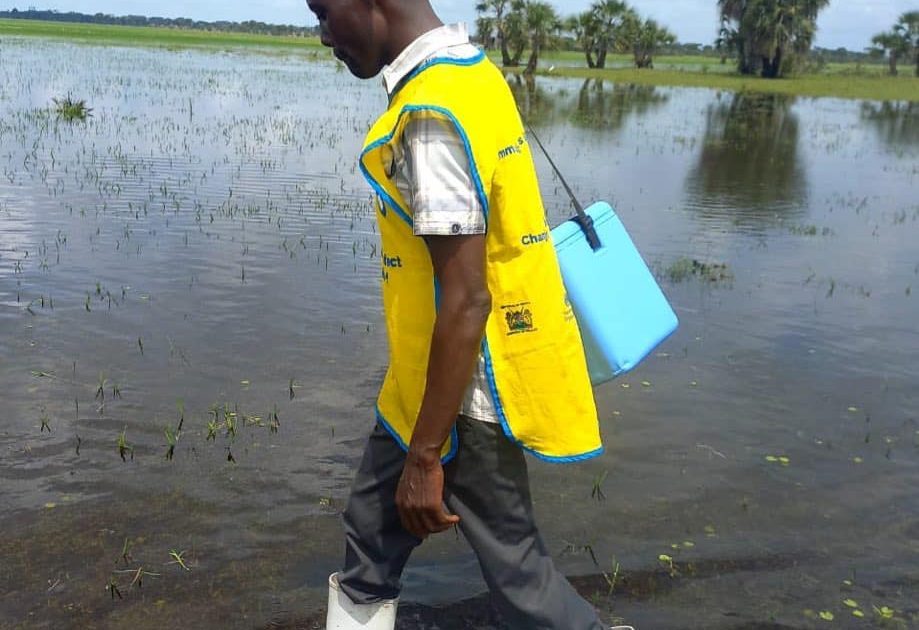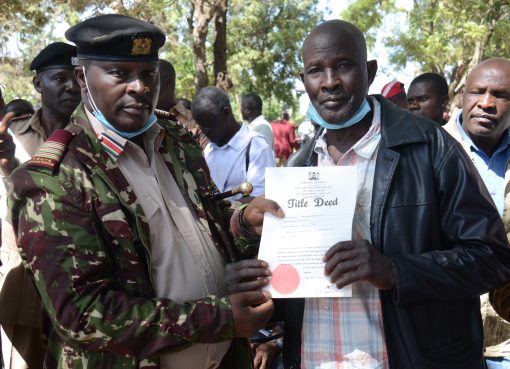The ongoing heavy rains across the country have led to an increase in water, sanitation, and hygiene (WASH)-related diseases such as amoebiasis and diarrhoea in Embu County.
The hardest hit areas by the burden of WASH-related diseases and conditions are Runyenjes Sub-county, which is closely followed by Mbeere North, according to CEC Health Francis Ndwiga.
Speaking on Thursday during a review meeting of the performance progress of the department for the second quarter of the current financial year, Ndwiga said 4,635 cases of amoebiasis and 4,192 cases of intestinal worms were reported in Runyenjes amongst the population of ages five and above.
He said that Mbeere North had recorded 2, 584 and 2, 387 cases of amoebiasis and intestinal worms, respectively, among the same population.
The CEC reported that the data was a clear indication that communities were using contaminated water or failing to maintain good hygiene practices.
He cautioned that the diseases were likely to escalate further with the ongoing rains that have left many sanitary facilities like pit latrines submerged or collapsed.
In mitigation, the department agreed to accelerate preventive measures and to continue addressing social behaviour changes amongst the communities in order to reverse the negative trend.
“Once communities embrace health as a personal responsibility, the county will reduce hospital visits by over 70 per cent, hence saving the cost of health care,” Ndwiga said.
The meeting brought together 89 Public Health Officers and 56 Community Health Assistants.
By Samuel Waititu





